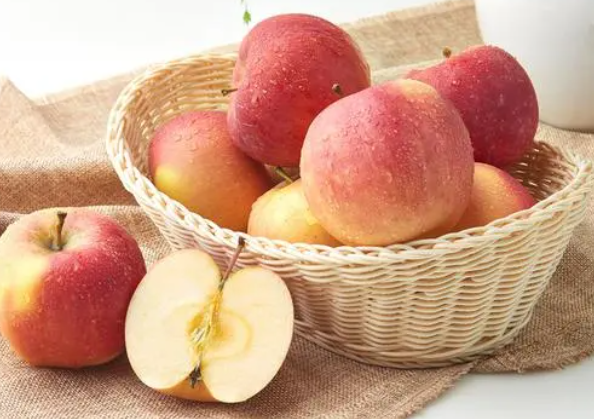Lesotho starts exporting apples
Lesotho apple growers have exported 20 bins of Top Red and Golden Delicious to South Africa this season, the first apple exports from this mountainous kingdom.
It is the result of a multi-year World Bank program to strengthen Lesotho's private sector through high-value, high-potential value chains, such as nature tourism and horticulture, specifically with a focus on the production of fruit from deciduous, favored by the high altitude of Lesotho and its abundant cold units.
Chaba Mokuku, project manager for the program in Lesotho, explains: "The goal is exports by collaborating with South African counterparts. We are not interested in import substitution, we want to create a win-win environment where we can take advantage of South African knowledge and infrastructure, and we are looking for private investors to grow the project in Lesotho".

Apples perform well in the high altitude of the Kingdom of Lesotho
Currently, there are 41.5 hectares of apples in the western plain of Lesotho in three Global GAP certified farms, specializing in early varieties such as Royal Gala and Panorama Golden, the first established as early as 2014.
Tests with apple varieties grown in South Africa led them to the conclusion that they could produce very high quality fruit, with some apple varieties ripening two to three weeks earlier than in the earliest region of South Africa, the Free State. .
The apples they shipped to South African municipal markets were packed at Maluti Fruit Packers in Bethlehem, South Africa, this year.
"We are creating a whole new industry that is attracting the established South African apple industry with early volumes going to South Africa and other African and overseas markets. We are going to grow from these three farms to, say, 10 farms." And that's where we need private investment, in addition to building packing houses and even nurseries in Lesotho."
Chaba indicates that they have been working on security of tenure for foreign investors.
He adds that they also want to foster research partnerships with South African universities. "I foresee a situation where we work closely with South African farmers and South African organizations like Hortgro. I don't see competition. What I see is alliances between South African and Lesotho farmers."
Chaba has worked in the Maluti-Drakensberg Transfrontier Conservation Area, an area of extraordinary biodiversity that straddles the border of Lesotho and South Africa. "Political borders are artificial. We are talking about economics and that we need to work together."
- We have practically run out of broadleaf herbicides for garlic cultivation
- Egypt: Record onion exports in the last six months
- Our fruit drying concept offers added value to growers and traders
- Larger US lemon crop this season
- Peruvian pineapple still has great potential to increase its exports
- Pagoda held a Newton apple tasting in Guangzhou
 Telephone :+86-15562397099
Telephone :+86-15562397099










